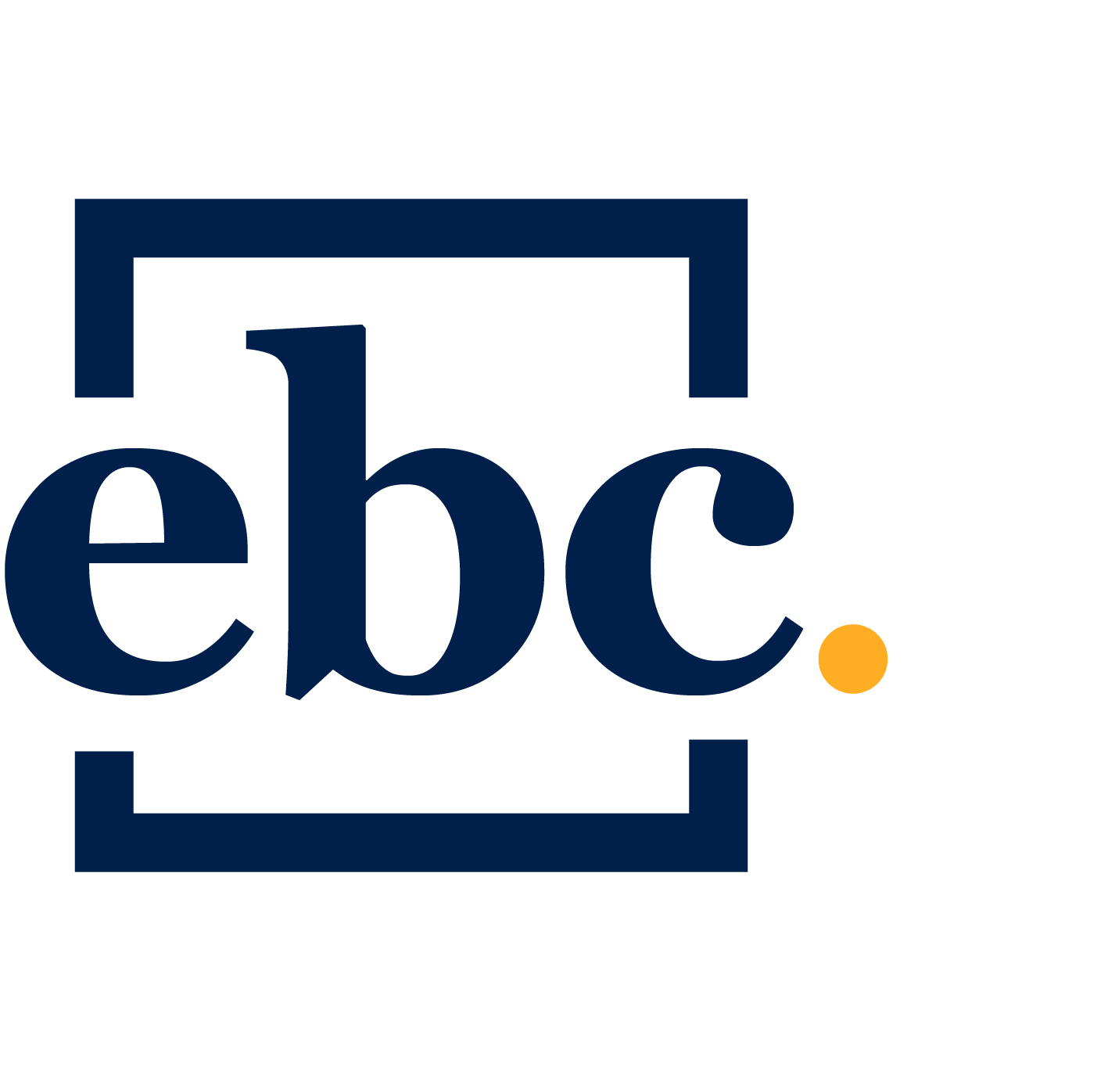Money Management Skills and How to Improve Them

Jay

So how do you improve your money management skills?
Money management is a skill just like any other. Some people may have a natural ability while others may struggle, but everyone can improve.
The problem with money management skills, however, is that for some reason it remains a skill that is seldom taught or talked about as we grow up. How many times did your parents sit you down and go over their monthly budget with you? How much class time was dedicated to basic concepts covering taxes and investing?
I think that this oversight has fostered a belief that financial topics are something that only experts know about and that learning on our own is too difficult or not worth our time. This is incorrect and gives the unfortunate impression that a hands off approach is appropriate.
Finances are so personal and so integral to everything that we do that to remove ourselves from involvement places us at a huge disadvantage in life.
My goal for myself and for you is to take a more active role in your financial lives and reap the benefits of a more hands on approach. This doesn’t mean you have to do everything. Financial professionals all have their place, of course, but becoming more involved and informed is never a bad thing and can only serve to help you.
What is money management?
Money management is understanding your financial situation and having your money work for you.
Successfully managing your money involves budgeting and planning ahead in order to reach your financial goals, such as saving, investing, and paying off debts.
Improving your money management skills isn’t just about having the proper skill set but also having the proper mindset. I want to cover the following areas that I think are important pieces of the money management puzzle:
- Having the right financial mindset
- Understanding some important concepts
- Getting and staying organized
- Challenging yourself
Having the right financial mindset
You can have all of the tools and all of the knowledge of what to do to successfully manage your finances but if you don’t have the proper mindset to see it through, you will always find yourself struggling.
Adopting the right financial mindset is so important because having this mindset will be like seeing the world through new eyes. The proper mindset is about holding yourself responsible, taking charge, and understanding that while there are many things that you can control, there are also many things that you cannot.
However, just because something is out of your control doesn’t mean that you can’t prepare for it and put yourself in the best position to deal with it. A lot of what prevents people from tackling difficult problems in their life is fear of failure and specifically the unknown elements that could potentially lead to failure. Through simple budgeting and planning we can eliminate many of these unknowns and remove a lot of the fear that goes along with financial worry.
Important concepts
Understanding some basic concepts such as scarcity and compounding interest helps give us perspective and a framework within which we can better tackle some of the more typical financial issues that most people find themselves dealing with.
Scarcity
Scarcity essentially means that there is a finite amount of the things that we want. For our purposes I’ll be talking about time and money.
I’m sure that at many points in your life, just like myself, you’ve realized that there are just too few hours in any given day. This has been my experience with money, as well. There is never enough of either and while we can actually earn more money, thinking of money as a limited resource is helpful in budgeting and financial planning.
If we adopt that mindset and work within the confines of a budget, you’ll find that you actually have more money. It is easy to overspend when not tracking bills and general expenses, leaving you wondering where all of your money went.
However, when you budget, you will find that you know where your money is being spent and be able to pinpoint exact areas where you feel comfortable eliminating. This puts you in control and frees up more money.
A good way of thinking of this is to imagine a really messy garage. A budget is storage space like shelving that allows you to put up all of your stuff and see what you have and what you don’t need, giving you more space.
Compounding interest
Compounding interest is when interest is applied to the principal amount of an account as well as to any accrued interest up to that point. This is great for investments and terrible for debt.
As an example, if you had $1,000 in investments earning 5% interest every year, at the end of the year one you would have a total of $1,050 in your account. With compounding interest, you would be earning interest on the full $1,050 rather than just the original $1,000 amount.
When investing, compounding interest can help your investments grow exponentially. However, when applied to credit card debt, for example, this can cause your debt to grow exponentially if not actively being paid off.
Not all interest compounds, however this serves to highlight the importance of investing as well as paying off debt.
Getting and staying organized
Being organized is a magical thing.
How do you feel when your room is messy, there are no clean clothes, and dishes are piling up in the kitchen sink? Somehow, a cluttered and disorganized environment has a very strong effect on us psychologically. There is a direct relationship between how good I am feeling and how messy my environment is.
The same applies at my work. I have several projects in progress at any given time, and losing track of what I am working on, deadlines, and who is responsible for what is not an option. I can feel when my organization starts to slip and it is a feeling of loss of control.
The good part about all of this is that we are in control and getting organized is not as daunting as it can sometimes seem. Just like anything in life, taking one step at a time will get us to our goal, we just need to take the first steps and get started.
Create a budget
A budget is your financial helper that will tell you how much money you can spend, save, use to pay off debt, invest, etc. Your budget is the foundation of your financial plan and should be your first step in managing your money.
A budget doesn’t have to be a complex thing and really shouldn’t be. We have an article covering how to create a budget that gives some great ways to get started.
Create a plan
This will be a living document that will change with you as you gain a better understanding of what you want financially, and as you progress.
I’m not talking about charts and percentages but something that outlines your financial goals along with some timelines so that you can see what you are trying to achieve and what it is going to take to get there.
Knowing your goals will guide you in creating a plan toward achieving that goal. If you want to save for a down payment on a house, write down how much you need and when you would like to have the down payment. Now you have a specific goal and now you can make a detailed plan to achieve it.
Clean up your spending
This is similar to getting and staying organized but specifically applied to your budget. We all know that we spend money on things that we don’t need or don’t use but how much are we actually spending and what are we actually buying?
There are several things that we purchase without thinking or without realizing just how much these daily or weekly purchases amount to each month. Things like buying lunch at work or getting coffee at a coffee shop. Of course don’t forget the monthly subscription for services that we no longer use or forgot to cancel.
All of these things add up and amount to more than you probably realize. Creating a budget and really looking at what is being purchased each month will allow you to clean up your spending and free up a lot of extra money.
Looking at cheaper alternatives for things that you already buy is also a really good way to make your spending more efficient. The goal of cleaning up your spending is to maximize your money and help you reach your goals quicker and with as little sacrifice as possible.
Challenge yourself
Now that we’ve covered the basics of improving your money management skills, it is time to put it into practice. We want to have fun doing this, though, because this is a positive thing. We are working toward accomplishing our financial goals and that is amazing!
We have a great list of money challenges that can help with everything that we’ve covered in this article and actually make it a lot of fun. I definitely recommend checking it out. My wife and I use challenges as a fun way to reach quick goals, kickstart new goals, and to shape up our spending.
Always remember that money management is a lifelong journey. We will always be learning, changing, and improving as we grow.
DISCLOSURE: THIS POST MAY CONTAIN AFFILIATE LINKS AND/OR PAYED PLACEMENT. PLEASE READ MY DISCLOSURE FOR MORE INFO.







0 Comments